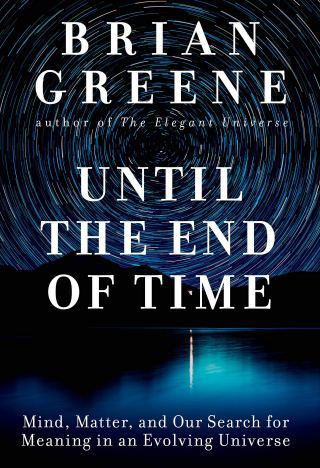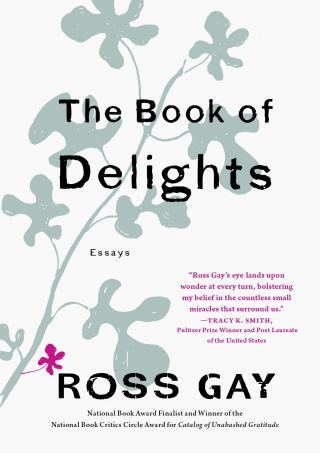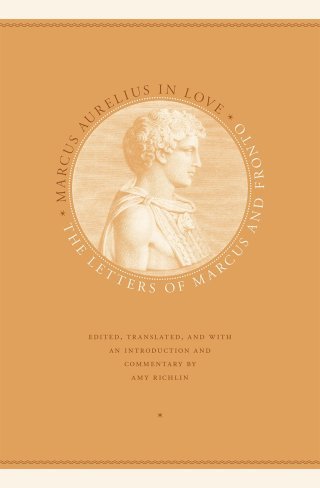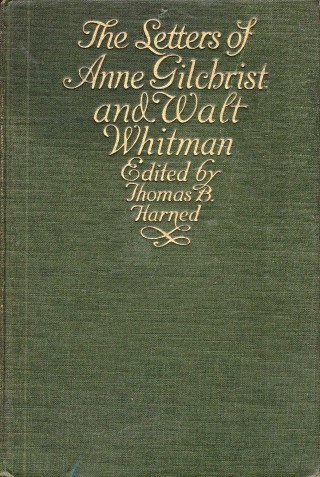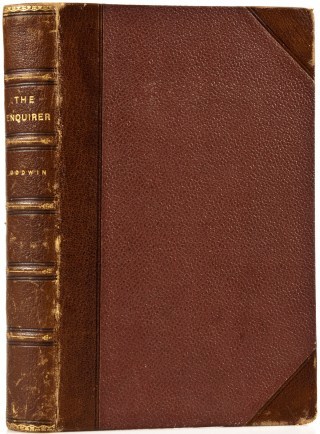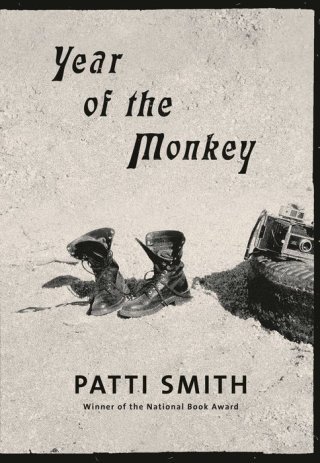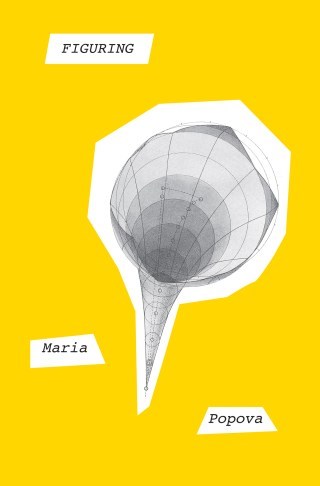Maria Popova's Blog, page 111
February 21, 2020
Until the End of Time: Physicist Brian Greene on the Poetry of Existence and the Wellspring of Meaning in Our Ephemeral Lives Amid an Impartial Universe
“Praised be the fathomless universe, for life and joy, and for objects and knowledge curious,” Walt Whitman wrote as he stood discomposed and delirious before a universe filled with “forms, qualities, lives, humanity, language, thoughts, the ones known, and the...
February 17, 2020
What It Takes to Grow Up, What It Means to Have Grown
“True adulthood,” Toni Morrison told an orchard of human saplings in her 2004 Wellesley College commencement address, “is a difficult beauty, an intensely hard won glory, which commercial forces and cultural vapidity should not be permitted to deprive you of.” Four years later, in her stirring letter to the daughter she never had, Maya Angelou wrote: “I am convinced that most people do not grow up. We find parking spaces and honor our credit...
February 16, 2020
Marcus Aurelius in Love: The Future Stoic Philosopher and Roman Emperor’s Passionate Teenage Love Letters to His Tutor
“Who we are and who we become depends, in part, on whom we love,” a trio of psychologists wrote in their wonderful inquiry into limbic revision and how love rewires the brain. But whom we love equally depends on who we are and who we want to become. Love, like time, is as much a function of us as we are a function of it.
An especially striking illustration of this equivalence, both for its intensity and its unexpectedness,...
February 12, 2020
The Poetics of Outer Toughness and Inner Tenderness: Gorgeous 19th-Century Engravings of Cacti
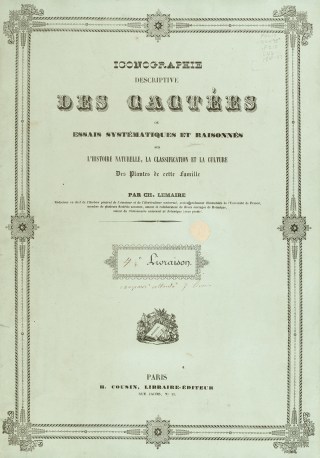
Among the oddities of my childhood in communist Bulgaria was my mother’s collection of cacti. Against the chipped grey concrete of our apartment building, these improbable emissaries of another climate from another world stood as spiked sentinels of a fantastical optimism at the portal to another life.
Each winter, we brought the entire ensemble — dozens of them, all kinds of shapes and sizes and species — indoors; each...
Anne Gilchrist on Inner Wholeness, Our Greatest Obstacle to Happiness, and the Body as the Seedbed of a Flourishing Soul
“So few grains of happiness measured against all the dark and still the scales balance,” Jane Hirshfield wrote in her stunning poem “The Weighing.” In how we chip from the monolithic weight of the world those osmian grains of happiness lies the promise of an...
February 10, 2020
William Godwin on the Advantages of the Multilingual Mind
Language is not the content of thought but the vessel that carries thought, the vessel into which we pour the ambivalences and contradictions of our thinking in order to anneal our understanding of the world. The more spacious the vessel, the more latitude we have to clarify our own thoughts, to reach farther horizons on the...
February 6, 2020
The Moral of Flowers: An Illustrated Victorian Encyclopedia of Poetic Lessons from the Garden

“In forty years of medical practice, I have found only two types of non-pharmaceutical ‘therapy’ to be vitally important for patients with chronic neurological diseases: music and gardens,” the poetic neurologist Oliver Sacks wrote in contemplating the healing power of gardens.
More than two centuries earlier, gardening had taken on a new symphonic resonance with the psychological and...
February 2, 2020
How to Live and How to Die
A year ago, I lost my darling friend Emily Levine (October 23, 1944–February 3, 2019). Figuring, in which she rightly occupies the first line of the acknowledgements, was just being released. The book would not have existed without her, nor would The Universe in Verse — several years earlier, Emily had swung open for me the doorway to the world of poetry in an incident of comical profundity emblematic of her singular and...
Patti Smith on Libraries and the Transformative Love of Books
“Libraries are sanctuaries from the world and command centers onto it,” Rebecca Solnit wrote in reflecting on how she saved herself by reading. “A library is a rainbow in the clouds,” Maya Angelou harmonized in recollecting how a library saved her own life. Her contemporary and titanic peer Ursula K. Le Guin located the source of that salvation in the portal to personal and intellectual liberty that opens up between the shelves...
January 31, 2020
The Heartbreak of Hans Christian Andersen
Harriet Hosmer — whose remarkable forgotten story I tell in Figuring (public library), from which this essay too is adapted — was not yet thirty when she became the world’s first successful female sculptor, claimed a place for American art in the European pantheon, and furnished queer culture with a bold new vocabulary of being. Her studio in Rome became a pilgrimage site for royalty and luminaries, drawing such esteemed admirers as Nathaniel Hawthorne, Maria...

